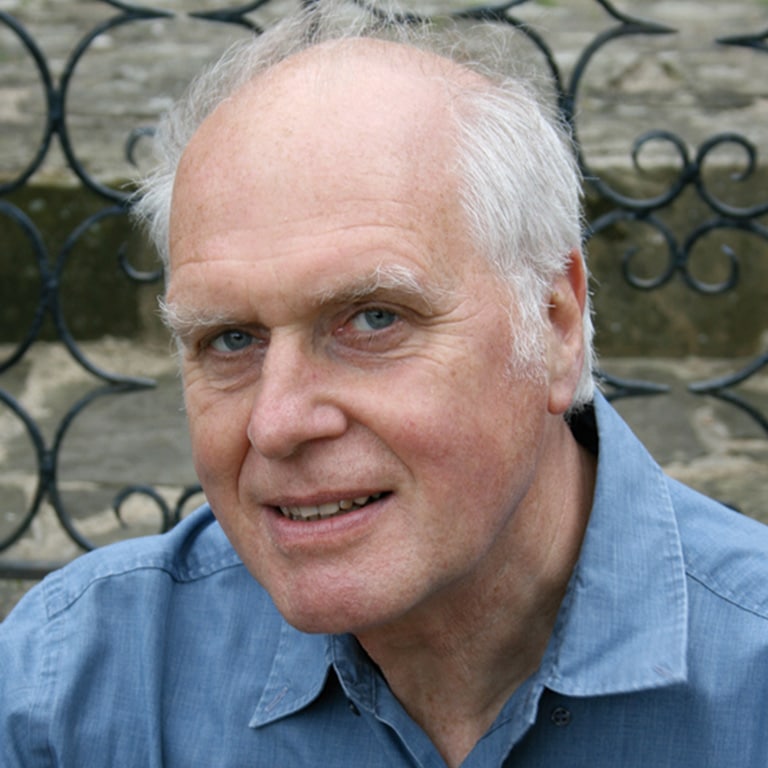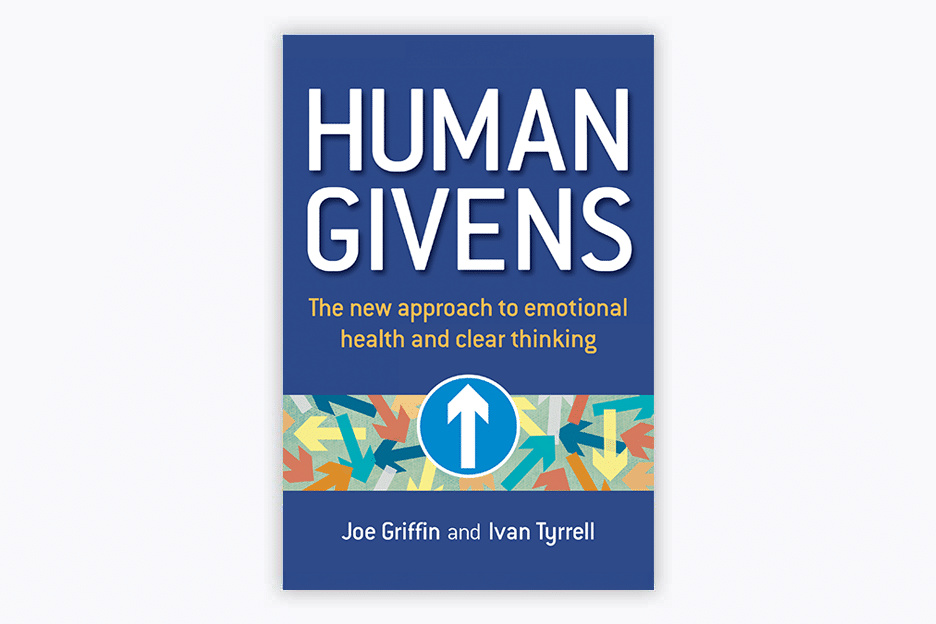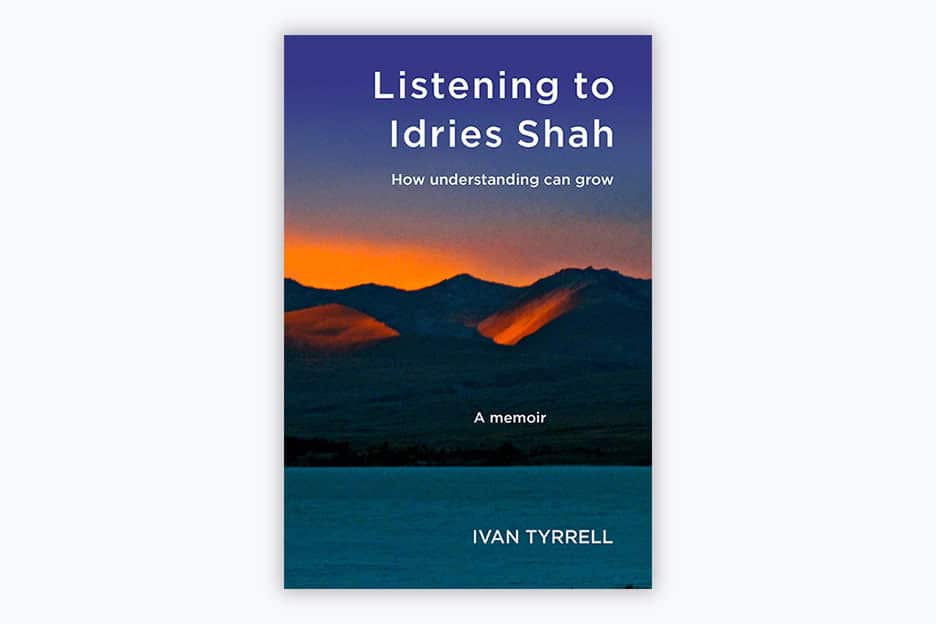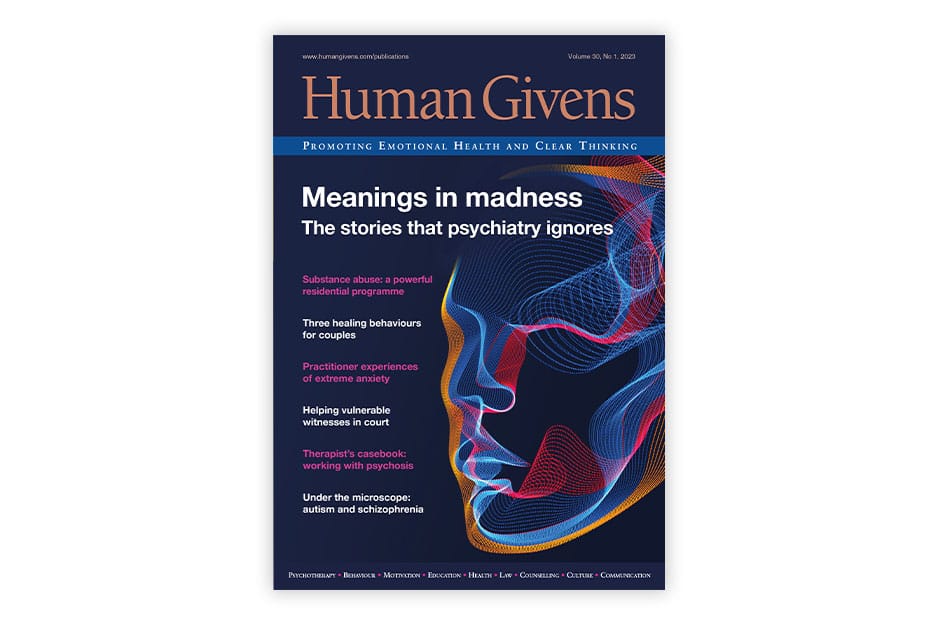Editorial Director: Ivan Tyrrell

Ivan Tyrrell is a lecturer and writer, who worked for many years as a psychotherapist (specialising in brief therapy for depression and anxiety), and is now director of Human Givens College.
In 1992 he and a group of psychologists and psychotherapists formed a group, the European Therapy Studies Institute (ETSI), whose aim was to discover why some psychotherapy approaches appeared to work and others didn’t. ETSI quickly gained several hundred members from a wide variety of professions whose support enabled them to publish a journal, The Therapist, the forerunner of the Human Givens Journal.
The human givens approach to psychotherapy and psychology developed out of the work and research of this group as they endeavoured to both bring greater clarity to the way people who become depressed, anxious, traumatised or addicted are helped and improve treatment (read more).
Ivan is co-author with Joe Griffin of numerous, influential titles, including:
- Human Givens: A new approach to emotional health and clear thinking
- How to lift depression… fast
- Why we dream: the definitive answer (previous edition – Dreaming Reality: How dreaming keeps us sane or can drive us mad)
- Freedom from Addiction: the secret behind successful addiction busting
- How to Master Anxiety
and five ground-breaking monographs on psychology and counselling including The APET model: patterns in the brain, which brings CBT and SFBT approaches into line with new scientific discoveries about how the brain works, and The Shackled Brain: how to release locked-in patterns of trauma and Hypnosis and Trance States which gave the first psychobiological explanation for hypnosis.
Other titles include: ‘The Survival Option‘, published by Jonathan Cape and Back from the Brink: Coping with stress, published by Virgin Books, which he co-wrote with Nick Leeson.
As a Director of the European Therapy Studies Institute, the Human Givens Institute and Human Givens College, his influence in, and knowledge of the field of psychotherapy and counselling is considerable.


